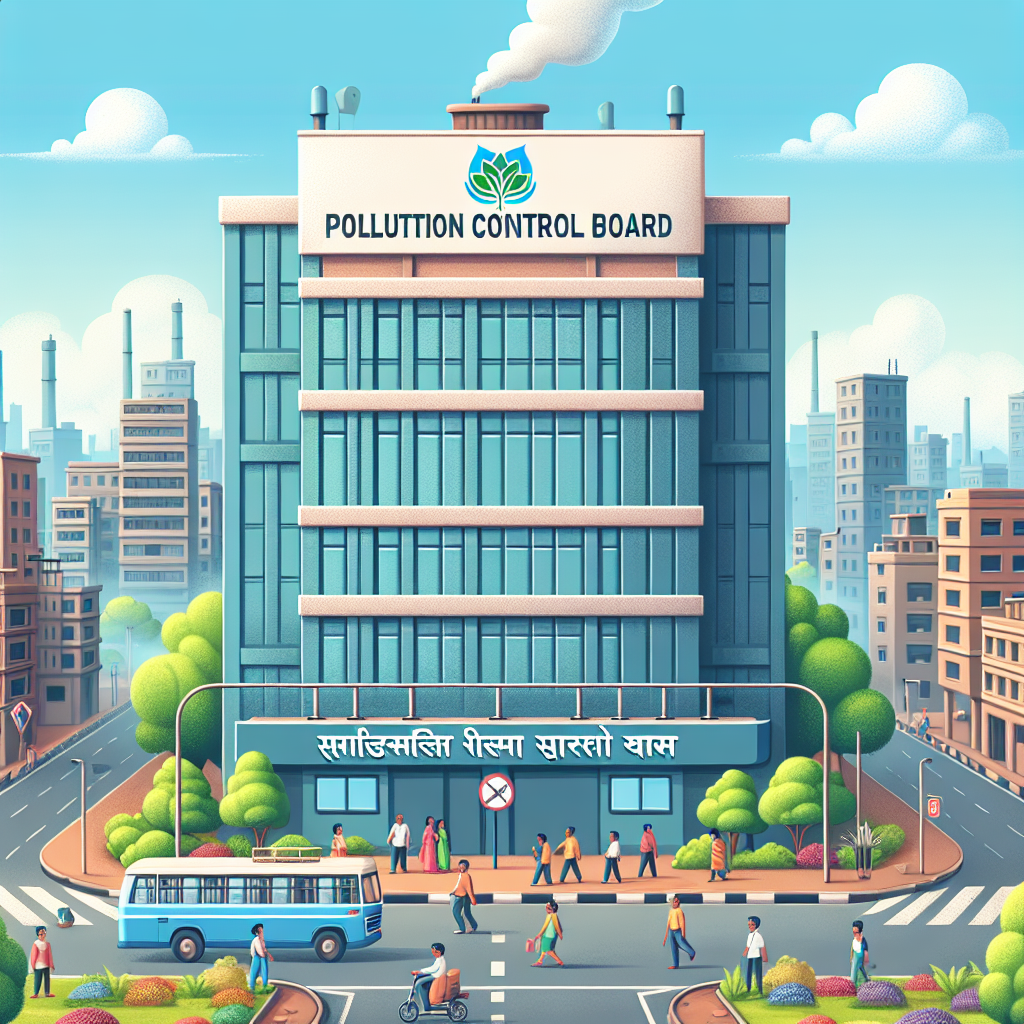National Green Tribunal Criticizes Efforts on Ganga Pollution Control
The National Green Tribunal has expressed dissatisfaction with the reports on river Ganga’s pollution in West Bengal, submitted by district magistrates and the National Mission for Clean Ganga. The tribunal noted several issues, including untreated sewage discharge, delays in sewage treatment plants' construction, and high faecal coliform levels, prompting action from the state government’s environment secretary.

- Country:
- India
Expressing dissatisfaction with the reports submitted by district magistrates and the National Mission for Clean Ganga about the pollution in river Ganga in West Bengal, the National Green Tribunal has sought a reply from the state government's environment secretary.
The tribunal flagged certain issues in the reports about the river's pollution, such as a large number of untapped drains, ''unhygienic status'' of the river water with high faecal coliform levels, non-disclosure of a district-wise plan for preventing discharge and ''too long'' timelines for establishing sewage treatment plants (STPs).
The green panel referred to a 2017 direction of the Supreme Court, which fixed a three-year timeline for constructing central effluent treatment plants (CETPs) and STPs and said that the state environment secretary would be responsible for any default.
''The judgment was delivered on February 22, 2017, and the timeline of three years expired on February 21, 2020, yet the STPs in various urban local bodies (ULBs) abutting river Ganga have not been constructed and untreated sewage from these ULBs is flowing in the river,'' said the tribunal.
It said that the state's environment secretary needed to respond.
''Hence, we issue notice to the (state government's) secretary of environment for filing of response at least one week before the next date of hearing (on March 3, 2025),'' said the tribunal.
The NGT was hearing the matter regarding the prevention, control and abatement of pollution in the Ganga in West Bengal.
In a recent order, a bench of NGT Chairperson Justice Prakash Shrivastava said that in pursuance of the tribunal's earlier orders the district magistrates (DMs) of Purba Medinipur, Murshidabad, Malda West and Nadia had filed reports revealing that ''a huge quantity of untreated sewage'' was ''directly being discharged'' in the river.
The report of the DM of North 24 Parganas had some deficiencies, while the DMs of Purba Burdaman, Bankura, Birbhum, and Pashchim Midnapur did not submit reports about the river's pollution, said the bench also comprising judicial member Justice Arun Kumar Tyagi and expert member A Senthil Vel.
''We find deficiencies or gaps in the report of DMs and NMCG,'' the bench said.
These included the districts relying upon the system of septic tanks and soak pits, resulting in the sewage seeping into the ground, non-disclosure of the performance data of operational STPs, and a large number of untapped or partially tapped drains discharging wastewater into rivers, the bench said.
It also cited the water quality assessment of rivers indicating ''unhygienic status due to the high number of faecal coliform and faecal streptococcus''.
''The report of NMCG is too general. It doesn't disclose district-wise status and the plan for preventing the discharge of sewage into rivers. The timelines indicated for the setting up of STPs is by the year 2025 and beyond which is too long,'' it added.
(With inputs from agencies.)










